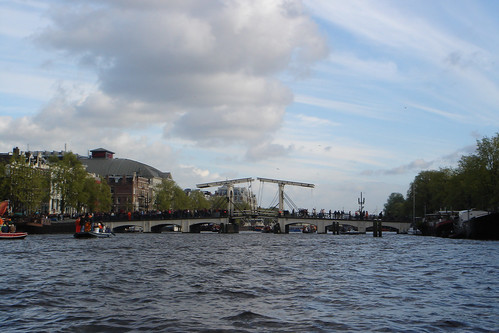130 million people voted… and the elections were only in five states.. that’s how cool India is. If you consider voting cool, I mean, which is debatable. But I digress; the left parties romped in the Indian states of Tamil Nadu, Assam, West Bengal, Kerala, and Uttar Pradesh. Not interested? Those five states alone have more people then the entire United States. – Just thought I’d mention that.
 One of the most fascinating cases among these states, is that of West Bengal. This state is actually home to the longest running democratically elected communist governments in the world. It has been in power for 26 years, and just got re-elected.
One of the most fascinating cases among these states, is that of West Bengal. This state is actually home to the longest running democratically elected communist governments in the world. It has been in power for 26 years, and just got re-elected.
This makes me wonder what they’ve done to earn such a long run. Obviously there is a long established tradition of voting for the Communist Party of India-Marxist in the state, but what does this tradition consist of?
A brief search around the internet taught me a few things. One of the most interesting- every member of the CPI-M pays monthly membership fees. I also read about the very important agricultural industry of the state, yet also the big manufacturing and IT hubs they have. This tells me there’s alot of economic acitivity, but doesn’t really tell me what it is that the CPI-M does for its electorate.
Regardless of the reasons, the Indian Left has made some big gains in the last few years, and this latest gives them more influence over the national government. Which means maybe less of these pro US type deals, as we saw recently with nuclear technology cooperation. And hey, more opening up to and talks with Pakistan will likely continue. So hooray for that!
Turning to the other side of India, Dilip is in Goa.
 My excuse for CNN watching is that its low on the channel list and I can only surf channel up or down. Plus I’m mesmorized by the fact that Larry King has a show that people watch, cause he is perhaps the most useless man on television.
My excuse for CNN watching is that its low on the channel list and I can only surf channel up or down. Plus I’m mesmorized by the fact that Larry King has a show that people watch, cause he is perhaps the most useless man on television.  My initial impression of the budget is not all bad. Probably because there are some priorities and traditions in Canada that will not automatically change just because a new party is in charge. I’m referring specifically to childcare and education, both of which seem to get adequate funding and tax-credits within the text of the budget.
My initial impression of the budget is not all bad. Probably because there are some priorities and traditions in Canada that will not automatically change just because a new party is in charge. I’m referring specifically to childcare and education, both of which seem to get adequate funding and tax-credits within the text of the budget. 
 At that moment I thought back to the last few years and what has taken place
At that moment I thought back to the last few years and what has taken place  Which makes me wonder: why is that? I ask myself this as I sit down to write tonight, exhausted after two days of frisbee playing and nagging leg cramps. The only answers I can think of are possibilities; possible explanation for my choice not to make frequent references to the country and events unfolding there. You may not like all of them, but here they are:
Which makes me wonder: why is that? I ask myself this as I sit down to write tonight, exhausted after two days of frisbee playing and nagging leg cramps. The only answers I can think of are possibilities; possible explanation for my choice not to make frequent references to the country and events unfolding there. You may not like all of them, but here they are: